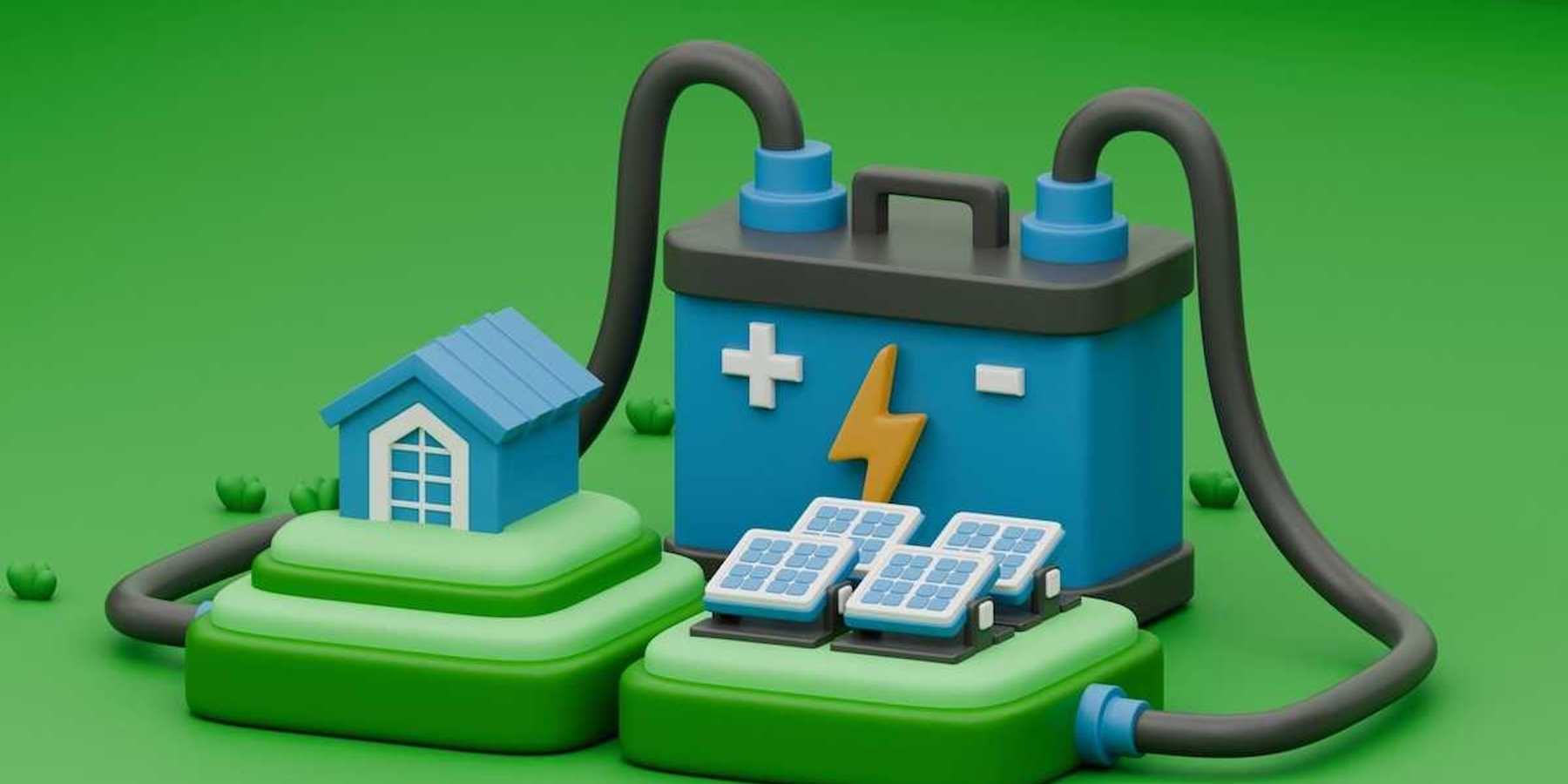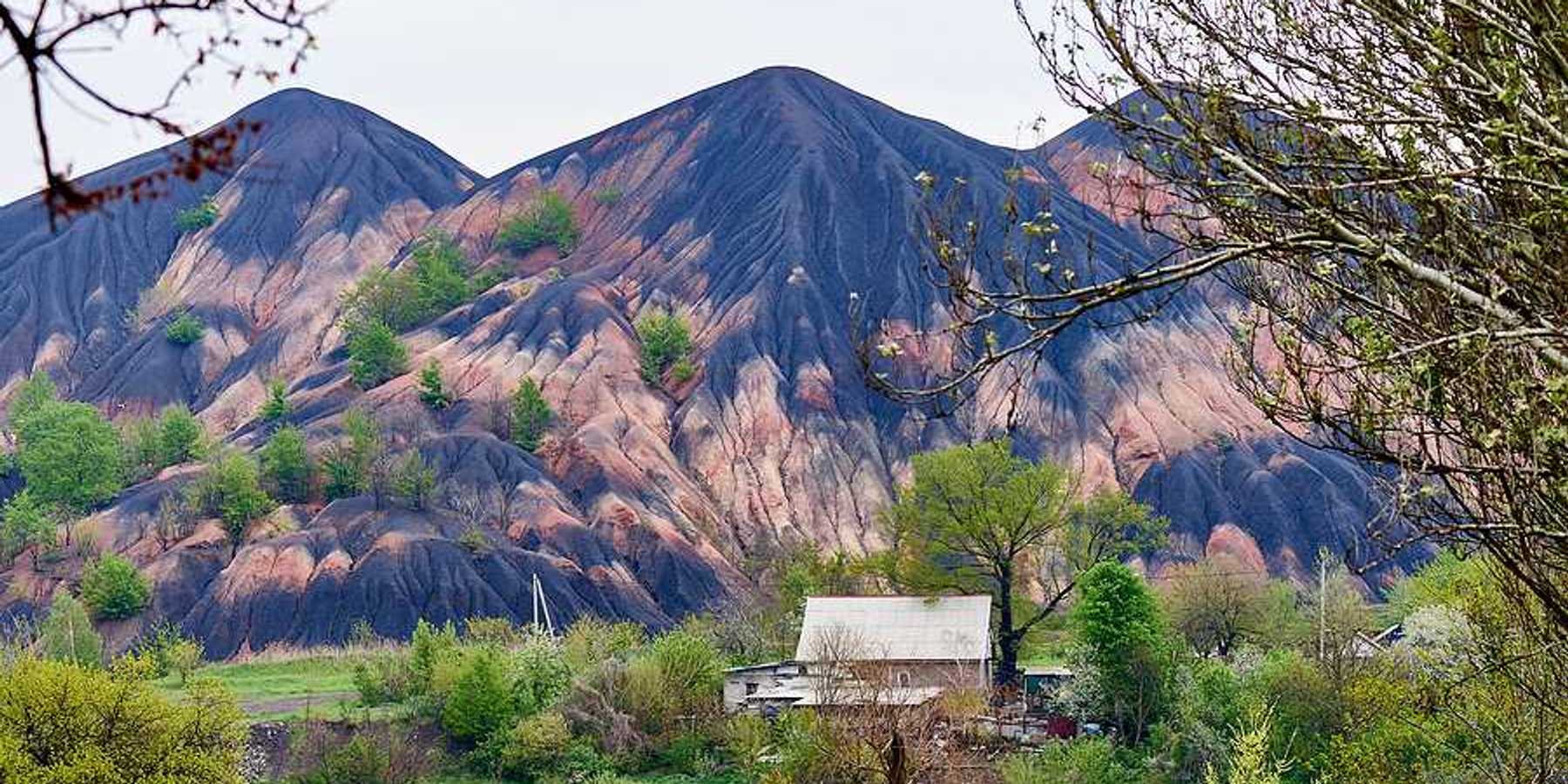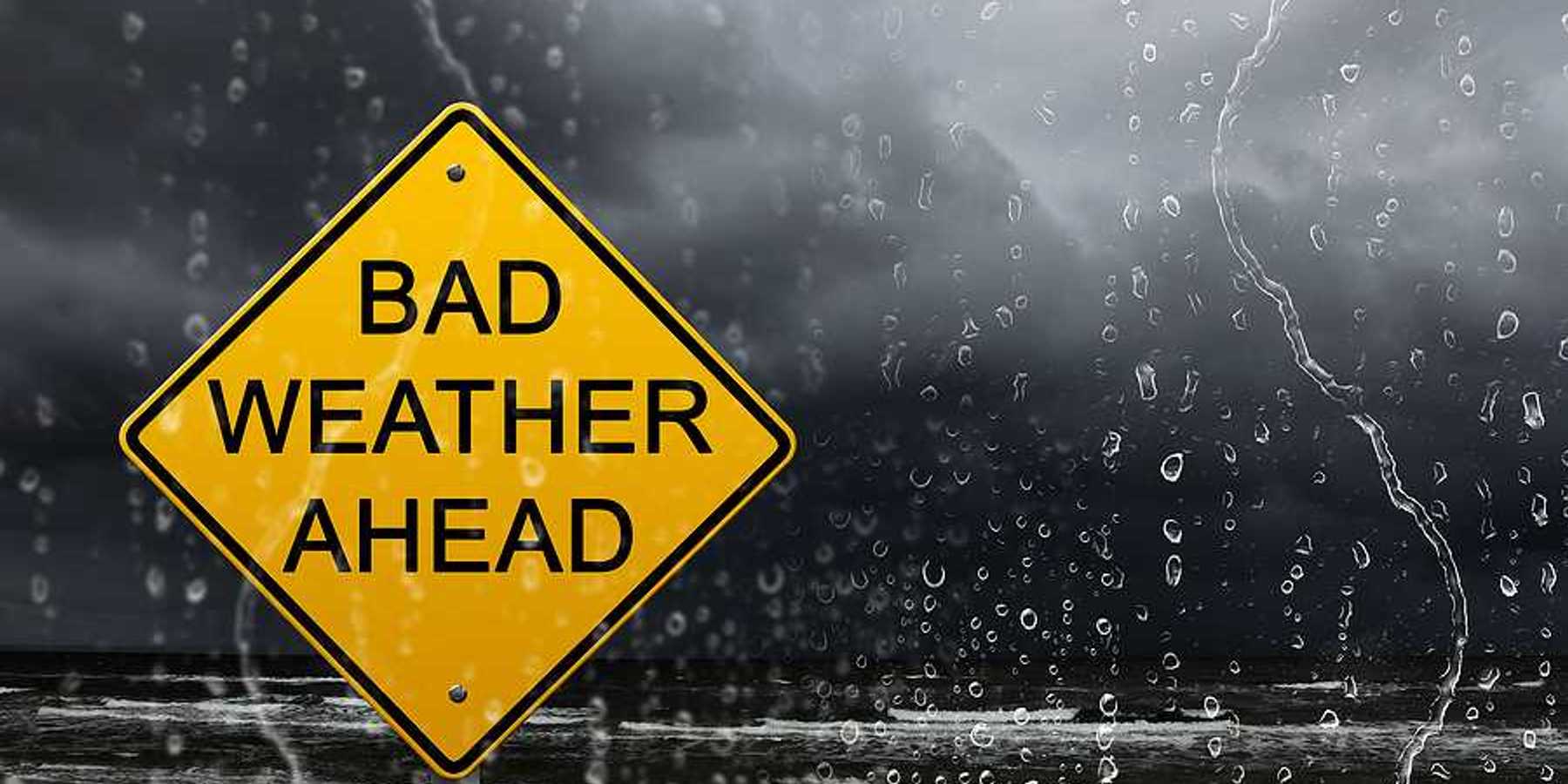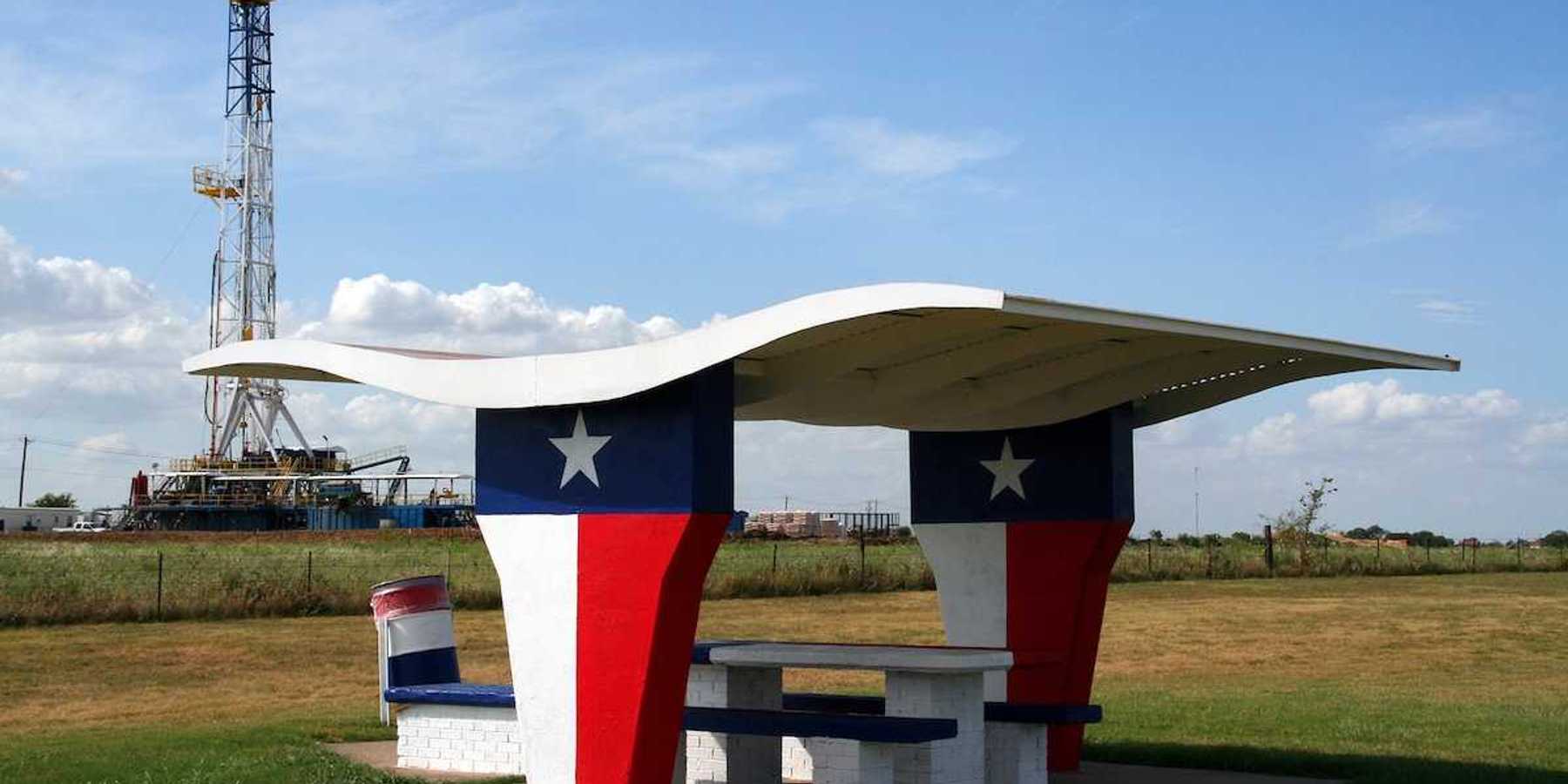Justice Department supports Wisconsin tribe in pipeline dispute
In a recent legal development, the Justice Department has sided with a Wisconsin tribe's claim against a Canadian energy company over land rights, sparking controversy.
In short:
- The DOJ supported the Bad River Band's claim that Enbridge has trespassed on tribal land by operating the Line 5 pipeline, suggesting a higher compensation than the court-ordered $5.15 million.
- Despite DOJ's support, the request for immediate cessation of the pipeline's operation was not granted, raising concerns among tribal leaders.
- The broader implications involve international treaties and ongoing diplomatic tensions between the U.S. and Canada over pipeline operations.
Key quote:
“We are grateful the U.S. urged the court not to let Enbridge profit from its unlawful trespass.”
— Robert Blanchard, chairman of the Bad River Band of the Lake Superior Chippewa Indians
Why this matters:
Enbridge maintains that its projects are crucial for economic development and energy security, emphasizing its commitment to safety and environmental stewardship. The company also points to regulatory approvals and its efforts to consult with tribal communities as evidence of its attempt to balance these interests.
Tribal leaders and advocates argue that consultations are often inadequate and do not equate to obtaining free, prior, and informed consent—a standard set forth in the United Nations Declaration on the Rights of Indigenous Peoples.













